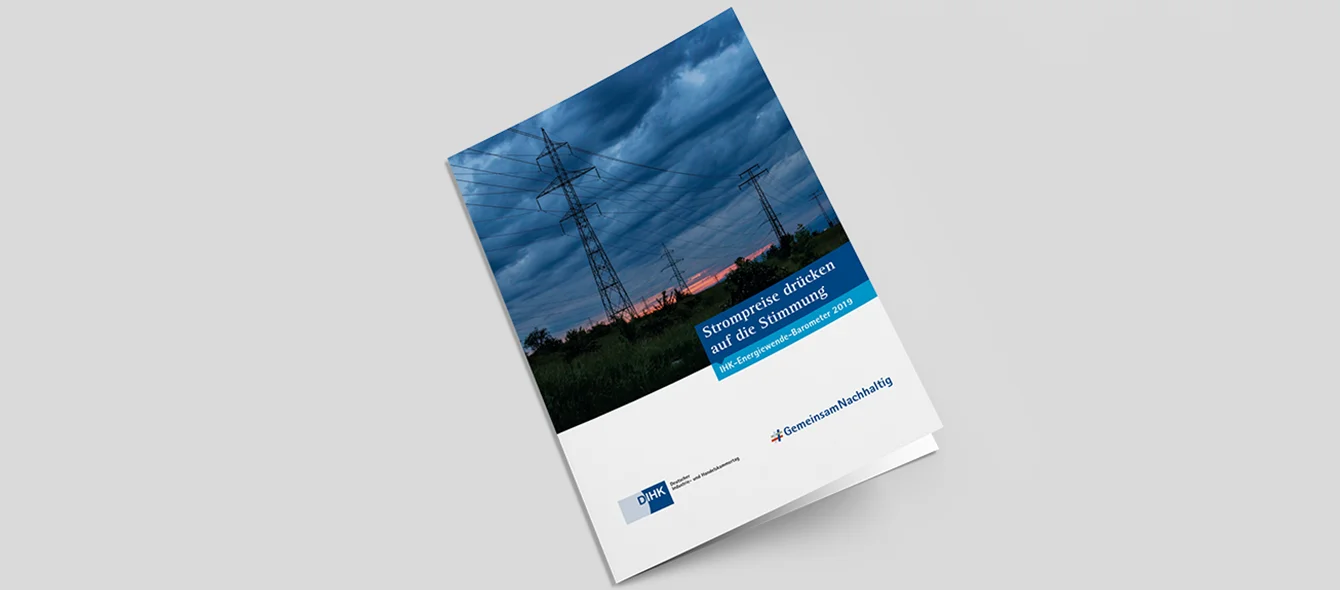Over 2,500 member companies of the German Chambers of Industry and Commerce (DIHK) took part in the 2019 Energy Transition Barometer online survey and the answers do not lie: an overwhelming majority of 92 percent of participants support the energy transition. In fact, many companies are even actively driving it forward.
Energy efficiency of plants and factories is, above all else, a hot topic. Although the fact that many businesses have also already secured new supply contracts with electricity from renewable sources or low-carbon heat generation is nothing to be scoffed at either; with more than a quarter of the companies stating that they have invested in their own emergency power generators or energy storage systems.
What measures will companies be implementing in the next five years?
In % of companies (Source: IHK business survey)“Electricity prices are proving to be a real downer”
If anything, the fact that safeguarding against power outages is such a big issue only serves to highlight the true concerns of the respondents. After all, nigh-on one in every ten companies, rising to one in every five businesses when focusing on industry alone, report that these electrical failures mean having to deal with operational disruptions. Despite their best intentions of supporting the energy transition, the members have not viewed the issue this negatively since 2015. One reason is ‘hidden’ in the title of the 2019 issue of the annual report: “Electricity prices are a real downer”.
What is politics’ main task when it comes to the energy transition?
In % of companies (Source: IHK business survey)The introduction of a CO2 tax is therefore viewed critically. But most companies are also sceptical of a quantitative limit. Incentives to buy low-emission products and to promote the development of the relevant technologies – especially in the heating and transport sectors –attract much higher approval rates.
However, it is also clear that the focus must remain on energy supply: Four out of five companies see grid expansion as the most important prerequisite for a successful energy transition. A large number are also in favour of expediting the expansion of renewable power plants. Four out of five companies, on the other hand, reject stricter measures.
"This clearly shows that the economy sees energy efficiency as essentially being a matter for operational management." The authors of the study (DIHK)
Photo credits: © Deutscher Industrie- und Handelskammertag
